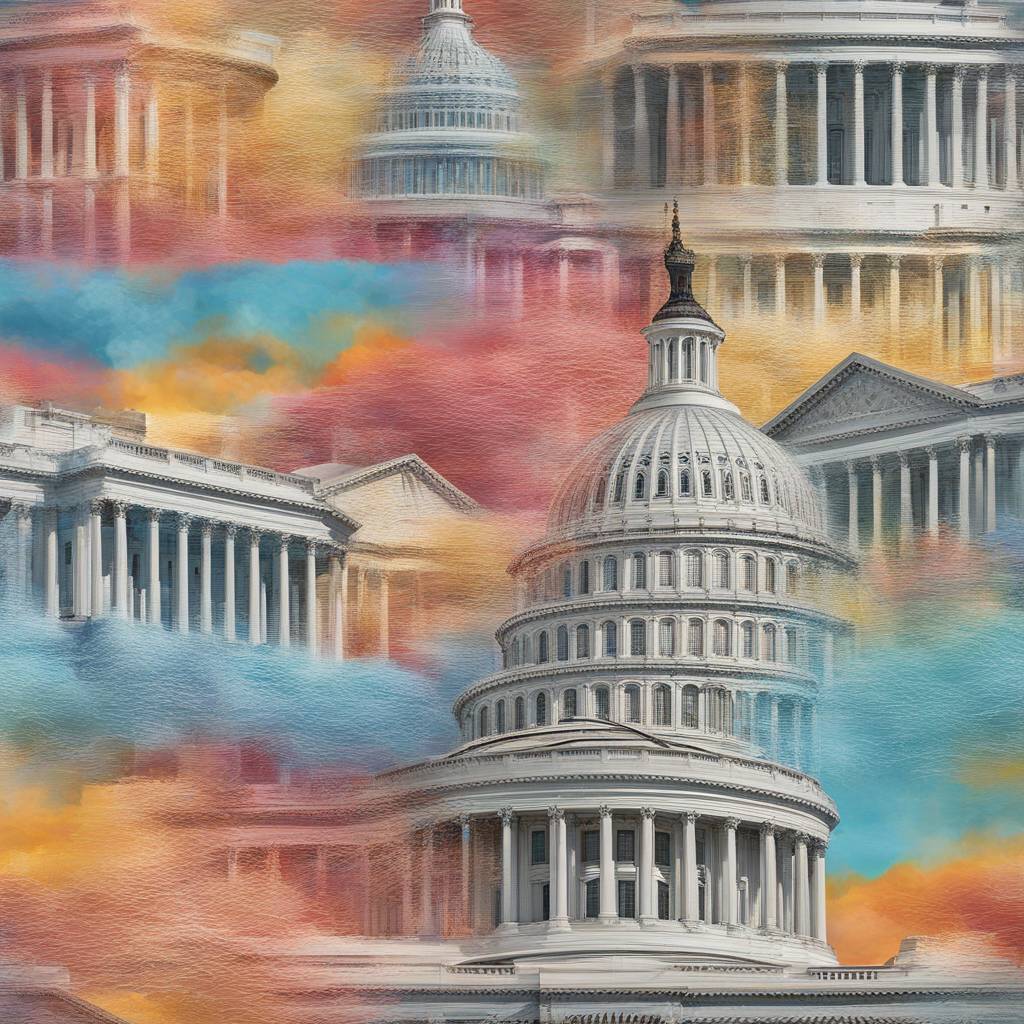Advocates are expressing concern over a proposed provision buried in bipartisan legislation to reauthorize appropriations for the Federal Aviation Administration that would ban mass student loan forgiveness for borrowers who attended certain professional training programs. The provision in question prohibits the “mass cancellation” of undergraduate federal student loans for borrowers who attend flight education and training programs. This provision appears to be designed to carve out an exception under regulations for federal debt relief programs that authorize group discharges for borrowers who were impacted by certain kinds of school misconduct.
The FAA reauthorization bill is bipartisan legislation sponsored by two Democratic senators and two Republican senators. The provision in question states that the Secretary, the Secretary of the Treasury, or the Attorney General may not take any actions to cancel, forgive, or modify the terms of eligible undergraduate flight education and training program loans unless authorized by an Act of Congress. The ban on mass student debt relief is narrow, focusing specifically on undergraduate federal Stafford loans used to attend flight education and training programs. While individual applications for debt relief may still be considered by the Education Department, group discharges are seen as an important tool for implementing widespread relief to similarly-situated borrowers.
Several federal debt relief programs, including Borrower Defense to Repayment and the False Certification and Closed School discharge programs, allow borrowers to receive student loan forgiveness if their school closed or engaged in misconduct. New regulations enacted by the Biden administration last summer authorize the Education Department to provide group discharges in certain situations where many borrowers were impacted by the same school-related event. However, a federal court has enjoined the Borrower Defense regulations, and the proposed ban on mass student loan forgiveness is seen as a way to shield flight schools from these regulations.
Advocates fear that the proposed ban on mass student loan forgiveness could set a precedent and pave the way for broader prohibitions on student loan forgiveness in the future. Some borrower advocacy groups argue that if Congress stops debt relief for pilots now, it could lead to similar restrictions for other professions in the future, affecting nurses, teachers, and social workers. While the provision in the FAA reauthorization bill is currently narrow in its scope, advocates are sounding the alarm that it could have far-reaching implications for student loan borrowers seeking relief from their debt.
Overall, the proposed ban on mass student loan forgiveness highlights the ongoing debate surrounding student loan debt relief and the challenges faced by borrowers seeking financial assistance. With the potential for broader restrictions in the future, advocates are urging Congress to reconsider this provision and ensure that all borrowers have access to the relief they need. The outcome of this debate could have significant implications for the future of student loan forgiveness programs and the millions of Americans burdened by student loan debt.


